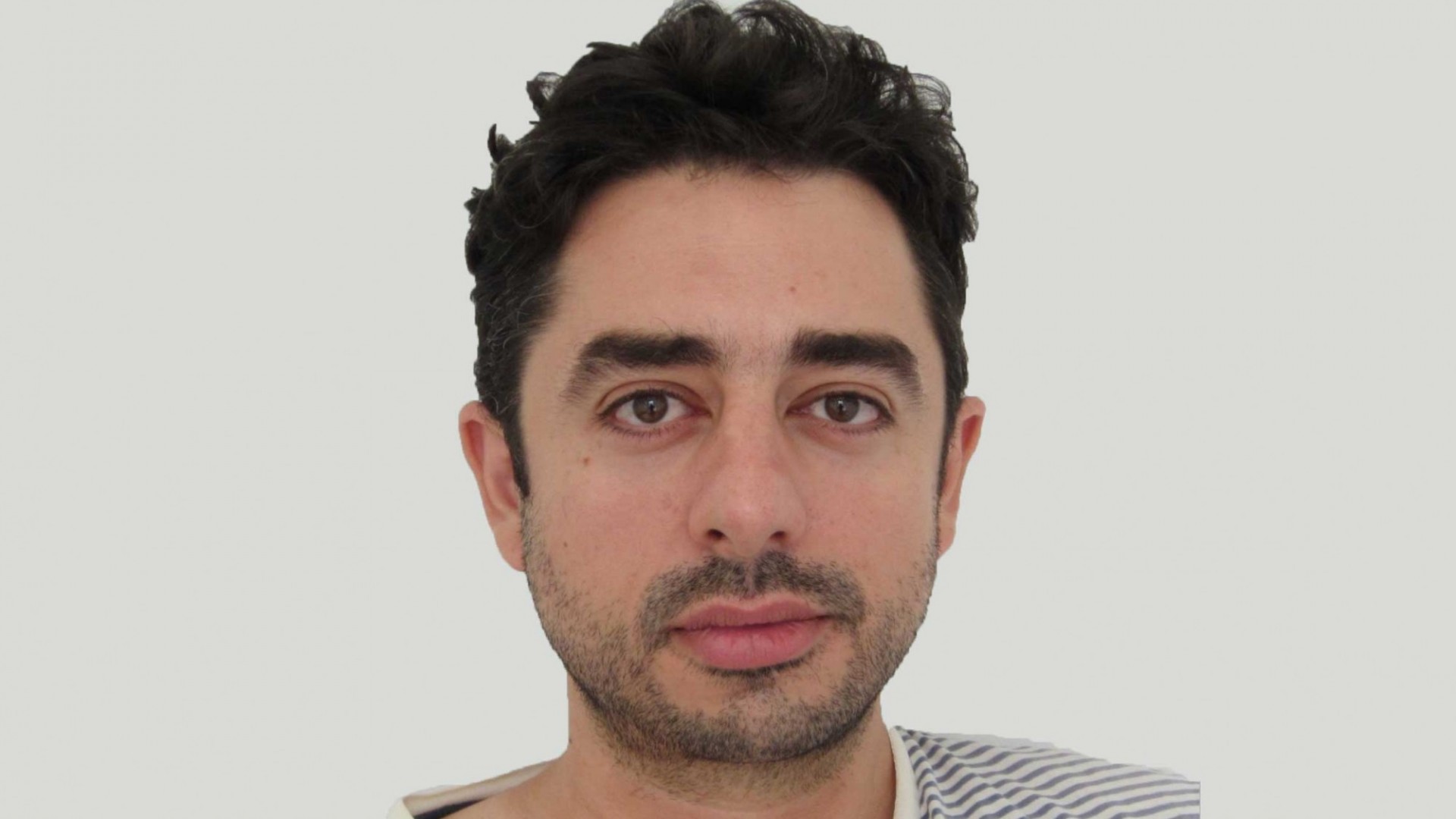How do you see the role of Columbia Global Centers | Istanbul in promoting and facilitating the collaborative and impactful engagement of Columbia University with the world?
Gathering prominent journalists, scholars, and government officials in Turkey and Greece to participate in a conference together is not an easy task, but we were able to do it because of the Istanbul Global Center’s effectiveness in communicating the potential impact of the initiative to participants as well as audiences. I see the Global Center’s involvement in this conference as a model for future international collaborations between Columbia faculty and students, Columbia Global Centers, and international scholars and practitioners.
How do you see Columbia programs in Istanbul contributing to the overall learning experience of Columbia and local students?
I first worked with the Global Center in Istanbul in the context of the Global Core seminar The World Responds to the Greeks, which I co-taught via teleconference with Matthew Gumpert from the University of Bosporus. This was a unique collaborative project as it brought together two classrooms, one at Columbia and one at the University of Bosporus, and gave students the opportunity to establish contact and exchange ideas with peers from another part of the world. Ipek Cem and I are now exploring ways that the Global Center in Istanbul can contribute to The Ottoman Past in the Greek Present, another Global Core seminar that I teach, through the organization of visits in Greece and Turkey and the participation of Turkish students and faculty in the course.

